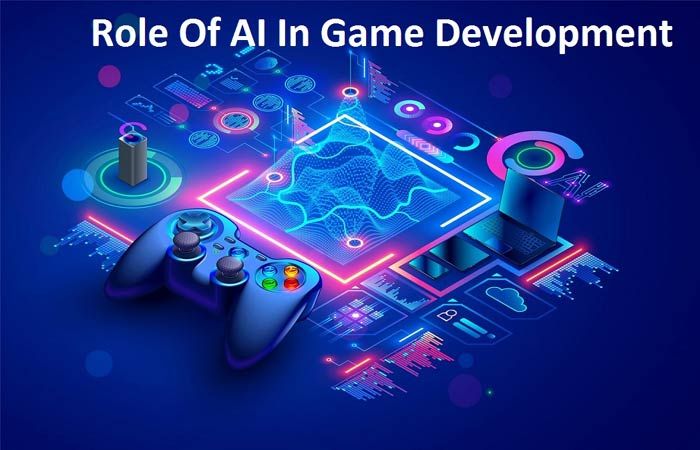
Artificial Intelligence (AI) has become an integral part of various industries, including game development.
In recent years, game designers have started leveraging the power of AI to enhance the ideation process,
resulting in more engaging and immersive game experiences.
Understanding AI in Game Design Ideation
Game design ideation involves the process of generating and conceptualizing ideas for game development. Traditionally,
this has been a human-driven process, relying on the creativity and experience of game designers. However,
the integration of AI technologies brings a new dimension to this process.
AI algorithms and machine learning techniques can analyze vast amounts of data, including player preferences,
demographics, and gameplay patterns, to generate valuable insights for game designers. By understanding player
behavior and preferences, AI can assist designers in creating more personalized and tailored gaming experiences.
The Benefits of AI in Game Design Ideation
1. Enhanced Creativity and Innovation:
AI algorithms can provide designers with unique and creative ideas by analyzing existing game concepts and mechanics,
allowing for greater innovation in the gaming industry.
2. Data-Driven Decision Making:
AI can process and analyze large datasets to identify patterns and trends, enabling designers to make data-driven
decisions during the ideation process.
3. Personalized Gaming Experiences:
AI algorithms can dynamically generate content and adapt gameplay based on individual players’ preferences,
creating more immersive and personalized gaming experiences.
4. Improved Game Balancing:
AI can assist in balancing game mechanics, optimizing difficulty levels, and ensuring an enjoyable gaming
experience for both casual and hardcore gamers.
Challenges and Limitations
While AI brings numerous benefits to game design ideation, there are challenges and limitations to consider:
1. Ethical Concerns:
Appropriate measures should be in place to address ethical issues associated with AI-generated content,
ensuring that it aligns with societal norms and values.
2. Over-reliance on AI:
Relying solely on AI for game design ideation may limit the human creative process and intuition, potentially
resulting in less diverse and innovative games.
The Future Outlook
As AI continues to evolve and improve, its role in game design ideation is expected to expand further. Machine learning
algorithms that can understand and generate realistic game scenarios or adapt to player behavior will become more
sophisticated, pushing the boundaries of game design creativity.
Additionally, advancements in AI will enable designers to create games that offer more immersive narratives, dynamic
environments, and adaptive gameplay tailored to individual players’ preferences.
Conclusion
The integration of AI technologies in game design ideation has revolutionized the gaming industry, providing designers
with invaluable insights and inspiration. AI-powered tools and algorithms have enhanced creativity, facilitated
data-driven decision making, and personalized gaming experiences. However, it is important to strike a balance,
leveraging AI as a powerful tool while maintaining the core human element of creativity. The future holds exciting
possibilities as AI continues to shape the landscape of game design ideation.


